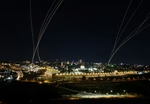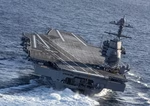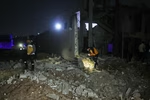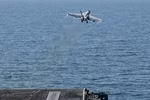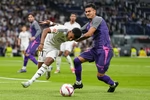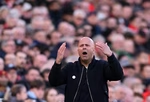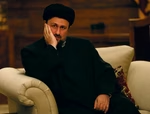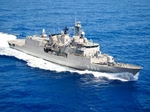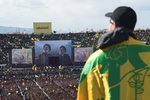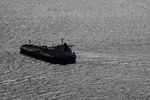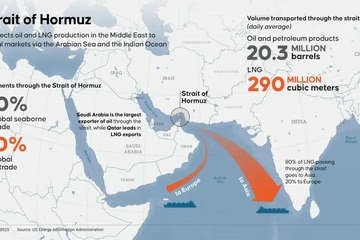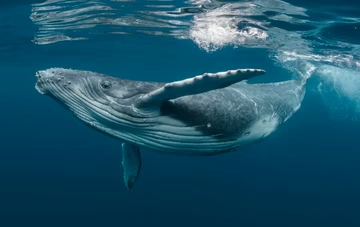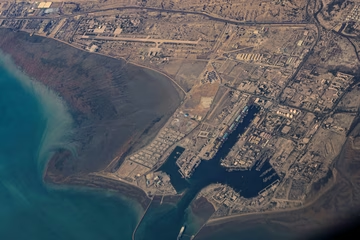
The Bosniak and Croat members of the country’ tripartite Presidency on March 1st, Independence Day, paid their respects and laid flowers at the Sarajevo’s soldier cemetery at which also the late first president of independent Bosnia and Herzegovina, Alija Izetbegovic, was laid to rest.
Speaking about the 1992 referendum when Bosnia’s citizens voted for independence from Yugoslavia, the Croat member of the tripartite Presidency, Zeljko Komsic, said, “we should not regret what we did.”



“We did that because of our country, our friends, children, the future of this country, although it sometimes seems disappointing and depressing,” Komsic said.
“People can be disappointed with politics and the government, but they cannot be disappointed with their homeland,” he said.
Delegations from all levels of government in FBiH came to the graveyard Kovaci in Sarajevo, and some prayed for the soldiers and the late President.
“This is a chance for us to remember those who are not with us physically. Our friends who died for this country, who gave all they could give, as well as those who gave their health and lost parts of their bodies, and they need to be thanked for all this that we have today,” Komsic said.
Bosniak Presidency member Sefik Dzaferovic also spoke about the holiday and what it means.
“Bosnia still is not in a full sense a state of equal peoples. There are numerous examples of discrimination, but I have no doubt that we will finally accomplish our goal - an integral, democratic Bosnia and Herzegovina, a state in which all peoples and citizens will be equal, on every part of its territory,” Dzaferovic said.
He also expressed hope that Bosnia will soon become an EU and NATO member.
The officials also laid flowers at the Eternal Flame, a monument dedicated to the WWII liberation of Sarajevo, the Memorial to Children Killed during the Siege between 1992 and 1995, and at the WWII memorial at the Vraca park.
Meanwhile, Ramiz Salkic, the Bosniak Vice-President of Republika Srpska (RS), the Serb-majority semi-autonomous entity within the country, attended Independence Day celebrations in Srebrenica and Bratunac - rare events in the Bosnian Serb part of the country which does not recognise March 1 as a holiday.



Bosnian Serbs never wanted Bosnia to secede from Yugoslavia and rebelled against the decision of the majority to declare independence in 1992. They intended to annex the part of Bosnia they controlled to neighbouring Serbia.
Salkic said that Bosniaks are guarantors of the survival of the country and an obstacle to the creation of “another Serb state” in the Balkans, the so-called ’Greater Serbia' which he called ‘a dream.’
He said that in order to make that dream come true, the RS leadership “is conducting systematic discrimination against Bosniaks, barring them from studying the Bosnian language, preventing them from getting jobs, insulting their victims, denying the war crimes they committed, glorifying war criminals,” and all of that “so we leave this area.”
“Our gatherings for Independence Day in Bratunac, Srebrenica, Zvornik, Janja, Doboj, Prijedor, Kotor Varos and other places in this part of our homeland show our decisiveness to endure,” he said.
Kakvo je tvoje mišljenje o ovome?
Učestvuj u diskusiji ili pročitaj komentare





 Srbija
Srbija
 Hrvatska
Hrvatska
 Slovenija
Slovenija










